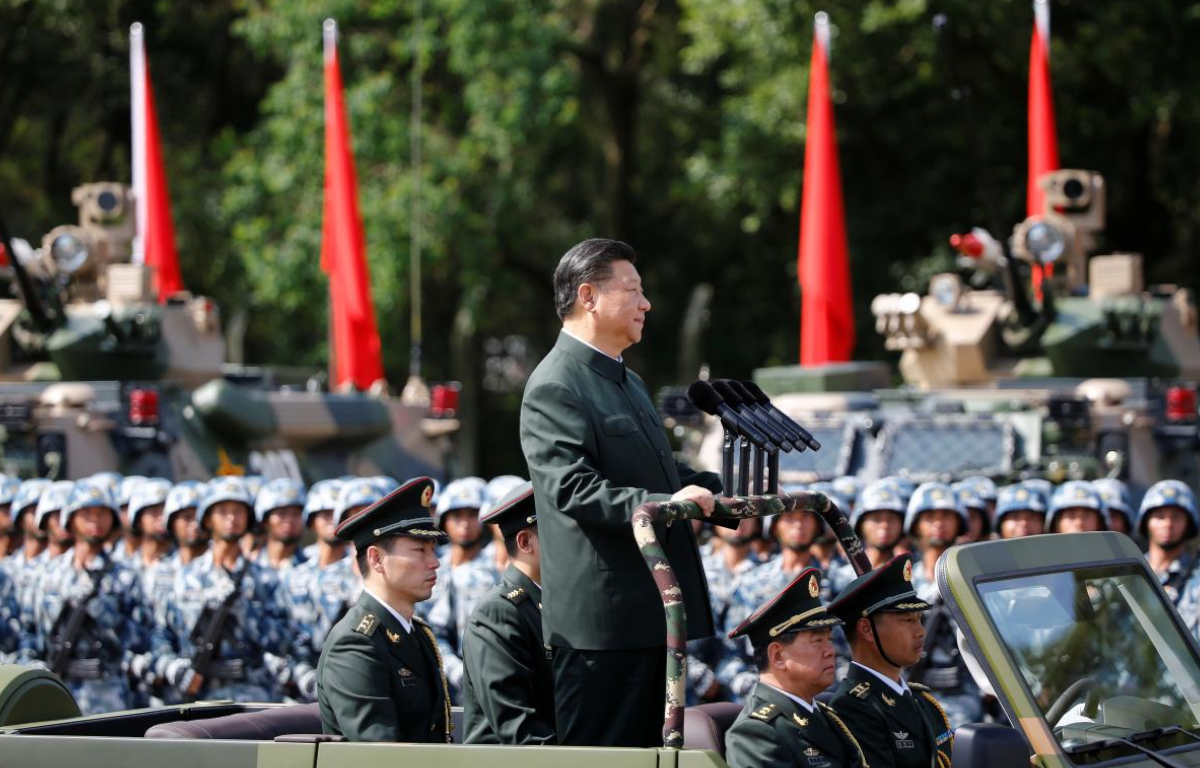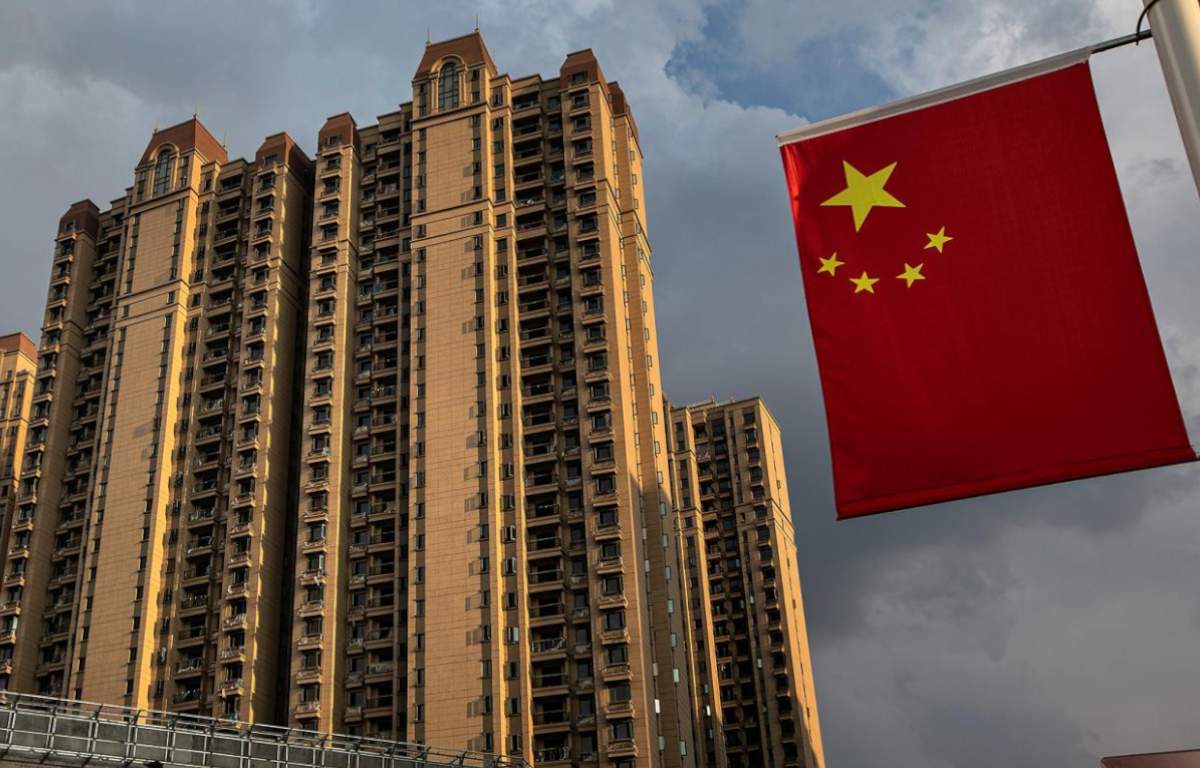
This scandal has not only tarnished the reputations of the athletes involved but also sparked widespread debate about doping controls and enforcement within the sport. Here is what you need to know about this unfolding controversy.
The doping scandal came to light when several high-profile Chinese swimmers tested positive for banned substances in the lead-up to international competitions. These revelations have triggered investigations by international and national sporting bodies, including the International Swimming Federation (FINA) and the Chinese Swimming Association (CSA). The exact substances involved have varied, but they typically include performance-enhancing drugs such as anabolic steroids and erythropoietin (EPO), which can significantly boost athletic performance.
One of the most notable cases is that of Sun Yang, a multiple Olympic gold medalist and one of China’s most celebrated athletes. Sun Yang has been embroiled in doping controversies for several years, culminating in a high-profile incident in 2018 where he was accused of destroying a blood sample during an out-of-competition test. This led to an initial eight-year ban by the Court of Arbitration for Sport (CAS), although the ban was later reduced to four years on appeal. Sun Yang’s case has been a focal point in the broader doping scandal, highlighting issues of transparency and accountability in anti-doping enforcement.
The impact of the scandal extends beyond individual athletes, casting a pall over Chinese swimming as a whole. The Chinese Swimming Association has faced criticism for its handling of doping cases, with allegations of insufficient oversight and lenient punishments. This has prompted calls for stricter anti-doping measures and greater transparency in the enforcement process. In response, the CSA has vowed to strengthen its anti-doping efforts, including more rigorous testing and harsher penalties for those found guilty of doping violations.
The international swimming community has reacted strongly to the scandal, with many athletes, coaches, and officials calling for more robust anti-doping regulations and enforcement. The World Anti-Doping Agency (WADA) has also been involved in investigating the cases and has emphasized the need for a global, unified approach to combating doping in sports. The scandal has reignited discussions about the effectiveness of current anti-doping measures and the need for continuous improvement to ensure a level playing field for all athletes.
The ramifications of the doping scandal are far-reaching. For the athletes involved, the consequences are severe, including bans from competition, loss of sponsorships, and damage to their reputations. For the sport of swimming, the scandal undermines the credibility of competition and erodes public trust. It also poses challenges for international sporting bodies, which must balance the need for stringent anti-doping enforcement with fairness and due process for accused athletes.
As the investigations continue, the spotlight remains on Chinese swimming and the broader implications for the sport. The scandal serves as a stark reminder of the ongoing battle against doping in athletics and the need for vigilance, integrity, and rigorous enforcement to uphold the principles of fair competition. The outcome of these investigations and the measures taken in response will be critical in shaping the future of anti-doping efforts and restoring faith in the purity of sport.
The Chinese Olympic swimmers’ doping scandal is a complex and significant issue that underscores the challenges of maintaining a doping-free sport. It highlights the need for continued efforts to enhance anti-doping measures and ensure that all athletes compete on a level playing field. As the sporting world grapples with the fallout, the lessons learned from this scandal will be crucial in guiding future policies and practices to protect the integrity of competitive athletics.










Share this: